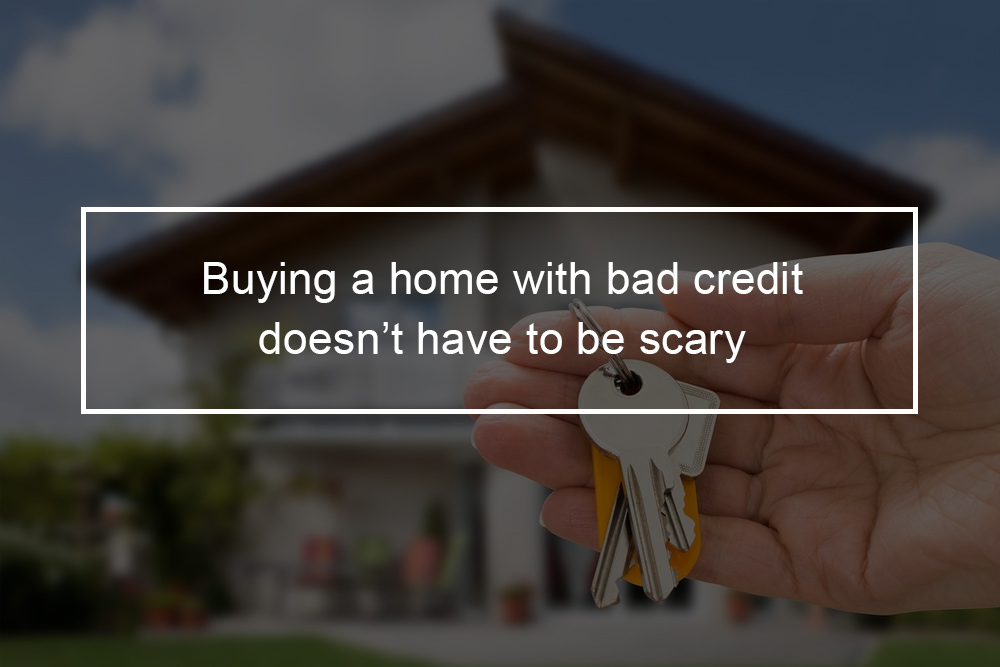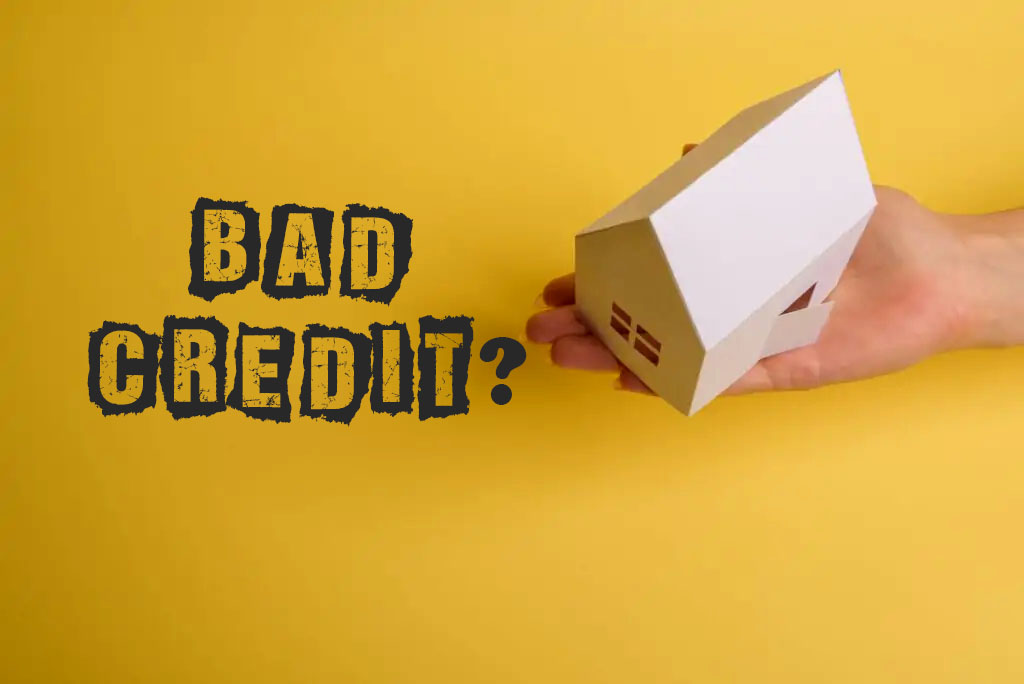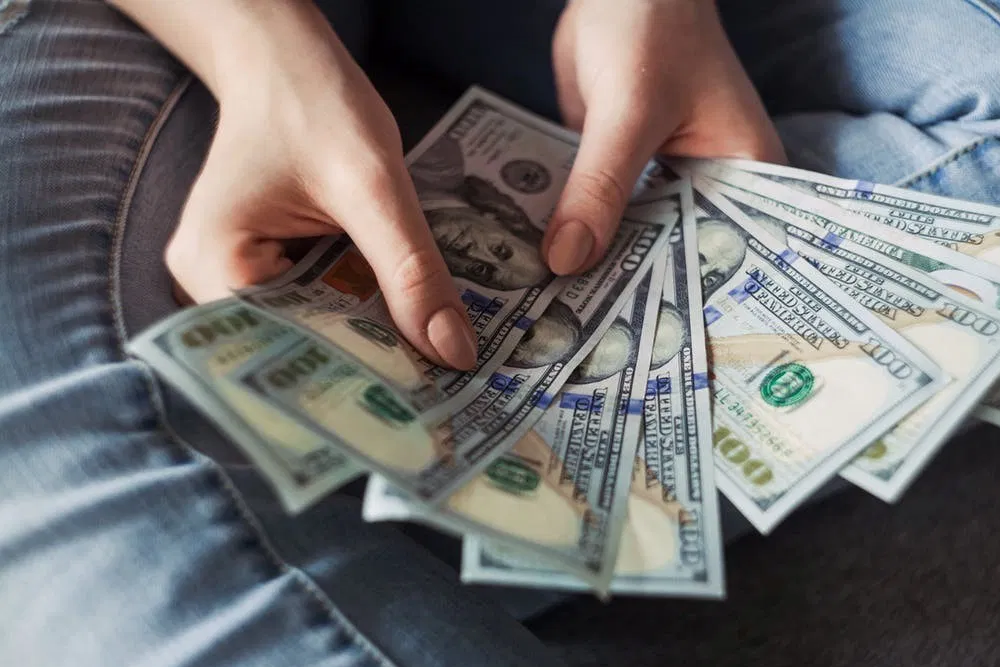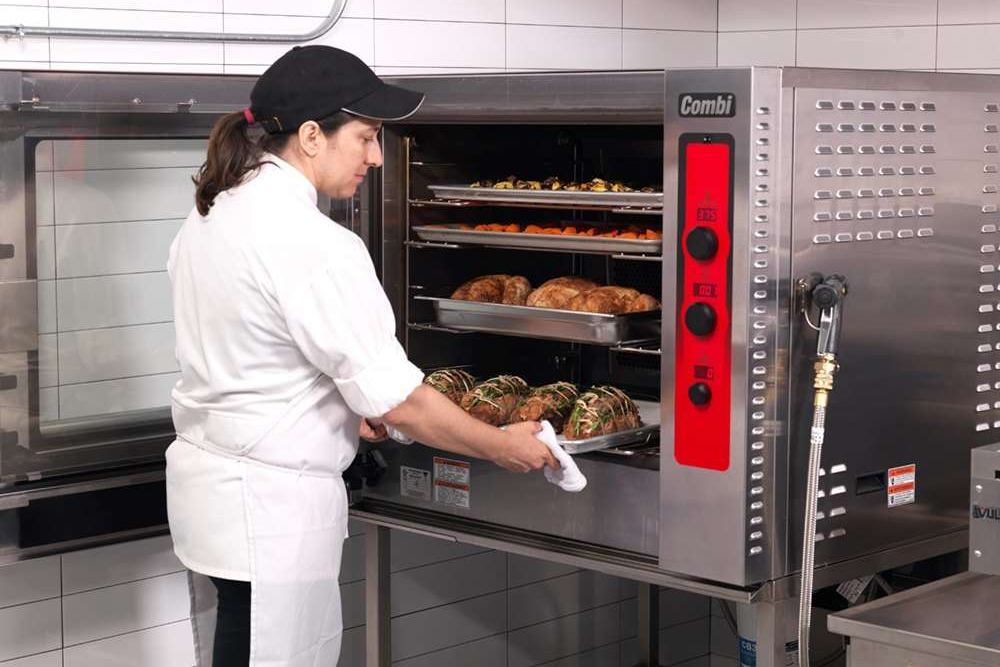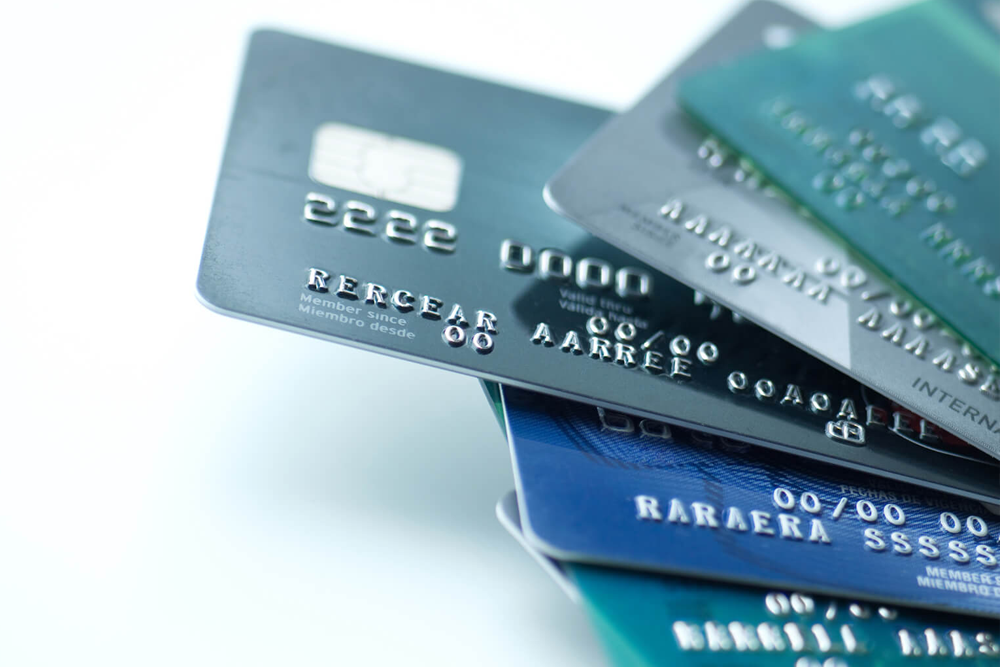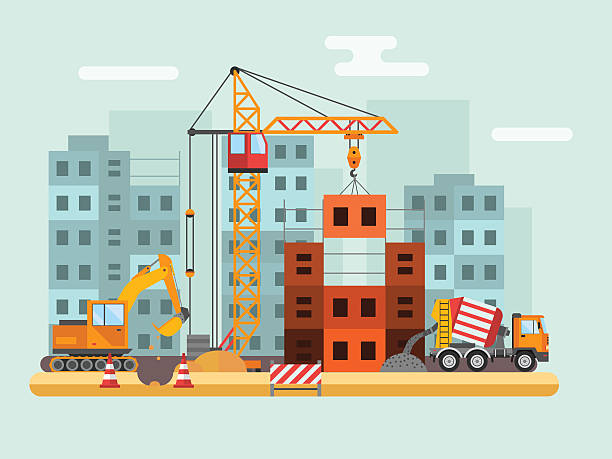The idea of buying a house can be overwhelming, and starting the home-buying procedure with bad credit can make it appear impossible to get a loan. But did you know: There is such a thing as bad credit home loans: your credit might not be as a hindrance as you think. In this feature, we will talk about buying a house with bad credit, understanding your credit score, and how to qualify for a mortgage.
What credit score do mortgage lenders consider as a bad credit score?
Most people are not aware of this, but no specific minimum credit score is needed by any mortgage lender to start looking for a new house. Nonetheless, the catch-22 is that a conventional mortgage lender is free to set their requirements for your credit score. And even if government-backed loans offer lenders some peace of mind, they still have credit score requirements, although they are often much lower. But if you have less than a 500 credit score, you may find it challenging to get a mortgage and possibly require to focus on improving your score first.
Can you buy a home with bad credit?
When it comes to the real number, anything less than a 670 FICO Score is regarded as bad or subprime, following Experian, one of the three main credit bureaus. Mainly, a fair score is 580 to 669, whereas a poor score is 300 to 579; however, having bad credit is not the same as someone else’s bad credit.
Typically, there are no two situations that are the same, and outside of your real credit score, lenders will be looking at the following factors:
- If you have any collections
- How much income you have
- If you have a general low amount of debt
- How much money do you have available for a down payment
When you have bad credit, money is going to be your best friend, and the more you use for a down payment, the better. This is because your credit score may not only make you eligible for a certain amount of house, and if you can cover the difference with cash, you can still afford the house you need. The creditor you end up with will also pay a factor since all lenders will have different requirements. And whereas you can get a bad credit mortgage loan, you must be prepared to pay a higher monthly payment because of much higher interest rates. Do not forget that if you buy a home while having bad credit, you can always repair your credit and refinance your mortgage loan for better terms.
Mortgage options for buyers with bad credit
The two main types of mortgage loans are going to be conventional loans and loans backed by the government. The difference between the two loans is that a conventional loan is not insured or backed by the federal government; however, government-backed loans are. Typically a loan backed by the government will have lower requirements for your debt-to-income, credit, and down payment. These loans are also less hazardous for lenders. Let us check some of the loan options available and the average credit score requirements.
Conventional loans
There is no set number for what your credit score, income, or down payment will have to be for you to be eligible for a conventional loan. Nonetheless, you will often need a 620 credit score or higher to qualify for a conventional loan. Provided you have a higher down payment or more income, it may be much easier to be eligible for a conventional loan even though you have a score a bit lower than 620.
FHA loans
The Federal Housing Administration backs FHA loans. You can qualify for this loan if you have not bought a home in three years or is a first-time homebuyer. The minimum credit score required to get an FHA loan is usually around a 580; nonetheless, if you can make a ten percent down payment, you can get approved with a credit score between 500-579. Rocket Mortgage™needs a minimum score of 580. FHA loans also have extra requirements that must be met for you to qualify for the loan. For instance, you can use an FHA loan to buy a primary residence.
VA loans
If you are an active-duty member of armed forces or a veteran, then you can qualify for a VA loan. VA loans are covered by the Department of Veterans Affairs and enable any qualifying service member and qualified spouses to purchase a home with $0 down. Similar to FHA loans, your home has to meet specific standards to qualify. And whereas there is no particular score you require for the loan, you will require approximately a 620 to qualify for a VA through Rocket Morgage.
USDA loans
A government department also backs USDA loans, the U.S Department of Agriculture. A loan from the USDA enables you to buy a home in qualifying rural areas with a $0 down payment. Nonetheless, most lenders will need a 640 credit score to qualify for the loan, and other income requirements specific to a USDA loan.
6 Smart moves for buying a home with bad credit
Below are tips you can follow if you want to purchase a home, even if you have bad credit.
Find out your credit score
First, check your credit score. You can access your FICO credit score for free in most places, including some credit companies and banks. Bear in mind you have three credit scores, Experian, Equifax, and TransUnion, the major credit reporting agencies. It is in your best interest to find out all three.
Check for errors on your credit report
Your credit score is generated from credit data in your credit history. Typically your credit report is a history of how you have managed borrowed money. You may have errors on your credit report. If so, they can harm your credit score. You can obtain a free copy credit of your credit report every twelve months from each credit reporting agency. Go to AnnualCreditReport.com, to ensure your information is accurate and up to date. If you have errors, make sure you dispute them with the credit bureaus.
Be willing to pay higher interest
You can still be eligible for a mortgage with a lower score if you are willing to pay higher interest rates. Mortgage lenders charge borrowers with low credit score higher rates as a way to protect themselves. Lenders are aware that borrowers with low credit scores have a record of paying bills late or missing payments altogether. Note that a higher interest rate does not equal a higher mortgage payment.
Apply for conventional loans and FHA loans
As discussed earlier, loans insured by the Federal Housing Administration, better known as FHA loans, come with lower credit requirements. You can qualify for an FHZ-insured mortgage with a down payment necessity of 3.5 percent of your house’s final purchase price if you have a FICO credit score of at least 580.
Come up with a larger down payment
Lenders may be inclined to take a chance on you if you come up with a larger down payment. It is possible today to get a mortgage with down payments of three percent or lower. However, for those with bad credit, larger down payments can differentiate between rejection and approval.
The logic here is the same as why credit-challenged borrowers are charged higher interest rates. Mainly two things happen when you put down more money upfront:
- The mortgage lender believes you are less likely to walk away from a mortgage when you invest more of your money into the purchase from the beginning.
- You show your mortgage lender that you are willing to take on more of the risk in a home loan.
If you can offer a down payment of twenty percent or more on your home purchase, you will increase your odds of earning an approval even though your credit is not sparkling.
Rebuild your credit
Your credit score may be so bad that you cannot qualify for any mortgage today. If that is the case, you might want to rebuild your credit before applying again for a loan. Luckily, doing this is not complicated. Here is how to start:
- Pay down as much of your credit card debt as possible. The lower your credit card debt, the better it is for your FICO score.
- Pay all your bills on time monthly to steadily build a new and better credit report.
Improving your credit score takes discipline, and it does not happen faster. But doing so before you apply for a loan might be the better approach.

